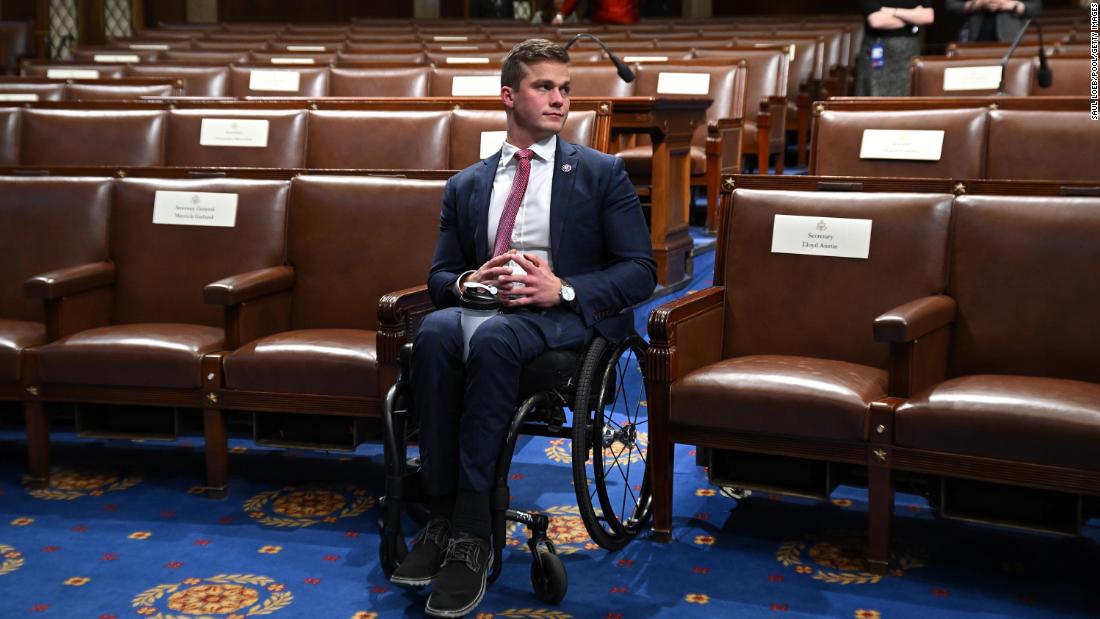
Madison Cawthorn’s law firm argues that states can not enforce age and residency procedures for congressional candidates
The correct time for adjudication, Bopp said, is immediately after the election but just before users are sworn in.
“Let’s say you want to run for business office at 12 several years old, or something like that,” Choose James Wynn said. “The point out can not do everything? You’ve got acquired to wait until finally Congress says they can not operate?”
“I won’t be able to aid what the Constitution states,” Bopp replied, including that voters could fix the situation, “It really is amazing how a lot of factors we allow the voters come to a decision. … Voters can decide a large amount of thoughts.”
His argument was seemingly embraced by Decide Julius Richardson, an appointee of former President Donald Trump, who said, “it is what the Structure suggests.” But Wynn, appointed by previous President Barack Obama, pointed out that there isn’t really any precedent from preceding circumstances exactly where judges adopted Bopp’s views on this subject.
Bopp said the very same rationale applied to residency needs as perfectly. (States routinely, and with out controversy, disqualify candidates for point out and federal workplace simply because they you should not meet up with fundamental limitations concerning residency, citizenship position, age, or if they have a legal record.)
“Any individual from South Carolina can file (to run) for any seat they want to in North Carolina, under no circumstances obtaining lived there a working day in their life, and there is certainly nothing North Carolina can do about it, or a court docket can do about it, until finally it goes to Congress?” Wynn questioned Bopp afterwards throughout the hearing.
“Congress can do a thing about it,” Bopp reported. “The voters can do one thing about it. Appear on, you believe somebody’s gonna run from South Carolina and get elected in North Carolina?”
“We imagine the district court docket was mistaken based mostly on the plain language of the (Amnesty Act of 1872), the context and the background… the legislative record, afterwards Congressional interpretations, as very well as logic and popular sense,” claimed Pressly Millen, an attorney for the challengers.
